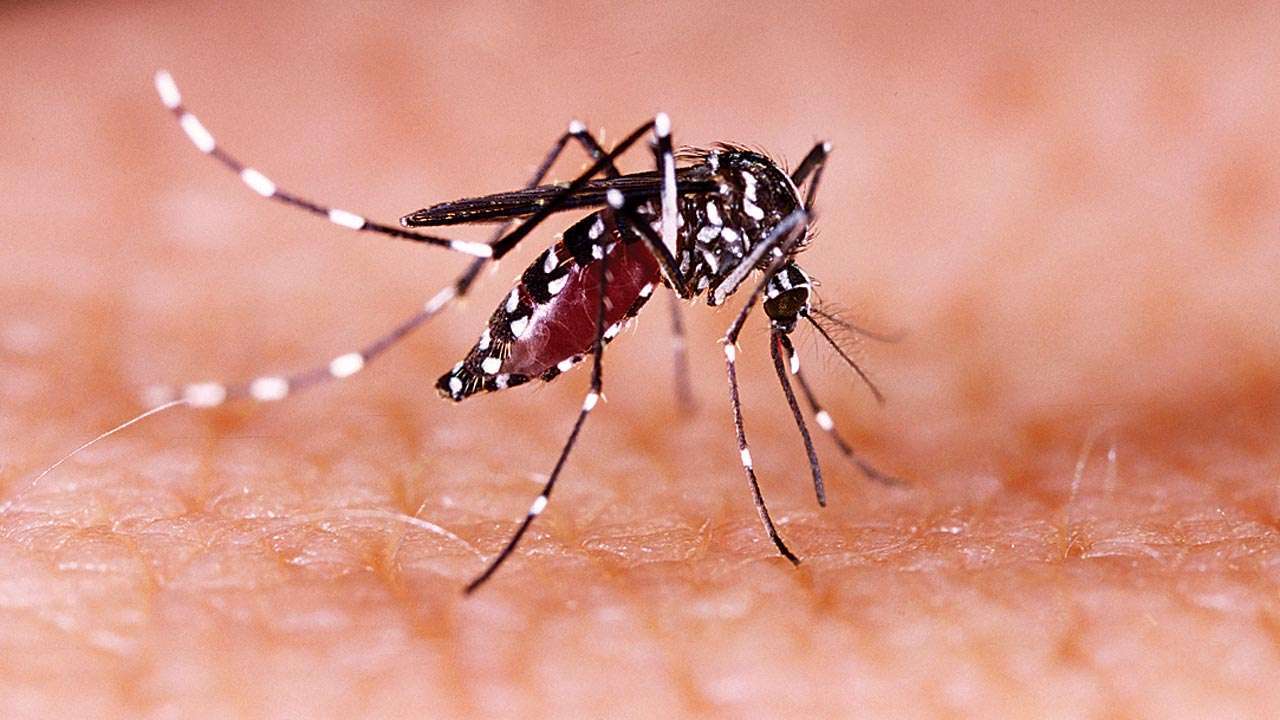New Delhi: Zika virus, which is similar to dengue fever, yellow fever and West Nile virus, is spread mostly by the bite of an infected Aedes species mosquitos mainly Aedes aegypti.
Aedes mosquitoes usually bite during the day, peaking during early morning and late afternoon or evening, according to the World Health Organization (WHO).
How Zika is transmitted?
Zika can be transmitted through mosquito bites, from a pregnant woman to her foetus, through sexual contact and transfusion of blood and blood products, and organ transplantation.
What are the symptoms of Zika?
Many people infected with the Zika virus will not have symptoms or will only have mild ones. Symptoms generally include mild including fever, rash, conjunctivitis, muscle and joint pain, malaise, and headache, and usually last for two to seven days.
The incubation period or the time from exposure to symptoms of Zika virus disease is estimated to be 3 to 14 days, according to WHO.
Those infected usually don’t get sick enough to go to the hospital and they very rarely die of Zika. They may be protected from future infections once infected with Zika.
There is no vaccine or medicine for Zika. The best way to prevent diseases spread by mosquitoes is to protect yourself and your family from mosquito bites.
What to do if you have Zika?
You should get plenty of rest, drink fluids to prevent dehydration, take medicine such as acetaminophen to reduce fever and pain. You should avoid taking aspirin or other non-steroidal anti-inflammatory drugs and talk to your doctor if you are taking medicine for another medical condition.
Zika virus has infected more than 60 people in Kerala and on Saturday Maharashtra reported that a 50-year-old woman from the Pune district tested positive for the infection.
Kerala reported its first case of Zika virus in a pregnant woman on July 8 and out of the 63 current cases, three are active and none of them is hospitalised, according to officials.






